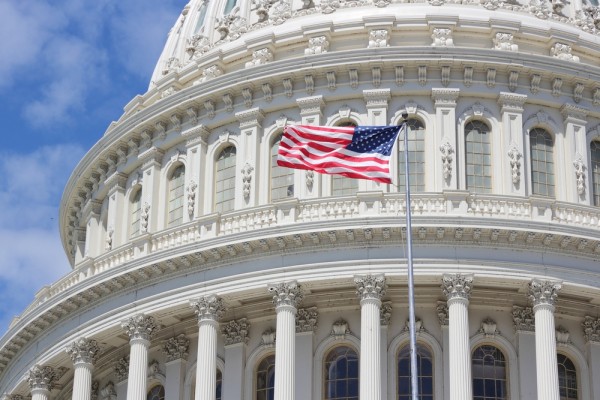US Senate Committee announces hearing on AI and privacy
11/07/2024 | US Government
The US Senate Committee on Commerce, Science and Transportation will hold a full committee hearing on 11 July, addressing the need to protect US citizens' privacy amid the rapid adoption of artificial intelligence (AI). The hearing will include a discussion about how AI systems have changed the landscape for data privacy and "accelerated the need for a federal comprehensive privacy law."
An update from IAPP News Editor Joe Duball recaps the perspectives of lawmakers in the US Senate following the hearing.
Since the release of the APRA discussion draft in April, the Senate has remained relatively quiet while the House of Representatives took the spotlight. However, in the midst of a House stalemate over the bill, the Senate has now stepped into the legislative process. Chairman Maria Cantwell of the Senate Committee on Commerce, Science and Transportation highlighted the urgency of federal privacy legislation in the full committee hearing, citing the increasing threat of perceived consumer harms due to AI. Although the hearing aimed to explore the broader relationship between AI and privacy, there was a significant emphasis on the importance of privacy legislation and its relevance in the current US climate. While the APRA has yet to be formally introduced in the Senate, it was mentioned several times during the hearing. However, it appears the same issues affecting the House are also influencing the debate in the Senate.

What is this page?
You are reading a summary article on the Privacy Newsfeed, a free resource for DPOs and other professionals with privacy or data protection responsibilities helping them stay informed of industry news all in one place. The information here is a brief snippet relating to a single piece of original content or several articles about a common topic or thread. The main contributor is listed in the top left-hand corner, just beneath the article title.
The Privacy Newsfeed monitors over 300 global publications, of which more than 6,250 summary articles have been posted to the online archive dating back to the beginning of 2020. A weekly roundup is available by email every Friday.

